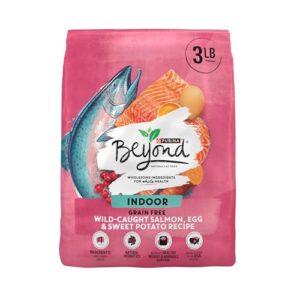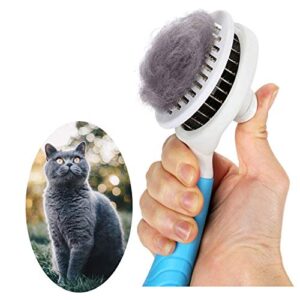
Cats are notorious for being picky eaters. They can be fickle creatures when it comes to their food preferences, which can make it challenging for pet owners to ensure they are getting all the nutrients they need for optimal health. One essential component of a cat’s diet is protein. In this article, we will explore what cats need in their diet when it comes to protein and how it contributes to their overall well-being.
As obligate carnivores, cats have unique dietary requirements that set them apart from other animals. Protein is a crucial nutrient for cats as it provides the building blocks for muscle, tissue, and organ development. It also plays a vital role in maintaining a healthy immune system and supporting their overall energy levels.
When it comes to protein preferences, cats have a distinct preference for animal-based protein sources. This is because their bodies are more equipped to digest and utilize proteins derived from animal sources, such as meat, fish, and poultry. These proteins contain all the essential amino acids that cats need to thrive, as well as important nutrients like taurine, which is essential for proper heart and eye function.
In addition to animal-based proteins, cats also require a small amount of plant-based proteins in their diet. While cats are primarily carnivorous, they can also benefit from the nutrients found in plant-based proteins, such as grains and vegetables. These proteins can provide additional fiber and other nutrients to support their digestive health and overall well-being.
When it comes to choosing the best protein sources for your cat, it is important to consider their individual needs and preferences. Some cats may have allergies or sensitivities to certain proteins, so it is essential to consult with your veterinarian to identify the best protein sources for your furry friend.
When selecting a cat food, look for products that list meat, fish, or poultry as the first ingredient. This ensures that your cat is getting a high-quality protein source that meets their nutritional needs. Avoid products that contain fillers, by-products, or artificial ingredients, as these may not provide the necessary nutrients your cat needs for optimal health.
It is also essential to provide your cat with a balanced diet that includes a variety of protein sources. This can help prevent nutritional imbalances and ensure that your cat receives all the essential amino acids they need for optimal health. Mixing up their protein sources can also help keep mealtime interesting and prevent them from getting bored with their food.
In addition to their regular diet, cats may benefit from additional protein sources, such as treats or supplements. However, it is important to use these in moderation and consult with your veterinarian before introducing any new protein sources into your cat’s diet. Too much protein can strain your cat’s kidneys and lead to health issues, so it is crucial to ensure they are getting the right balance.
Overall, protein is a vital component of a cat’s diet and plays a crucial role in their overall health and well-being. By providing your cat with high-quality protein sources and a balanced diet, you can help them live a long, healthy life. Remember to consult with your veterinarian to ensure you are meeting your cat’s individual nutritional needs and preferences. With the right protein sources and a little extra love and attention, your cat will be happy, healthy, and thriving for years to come.






